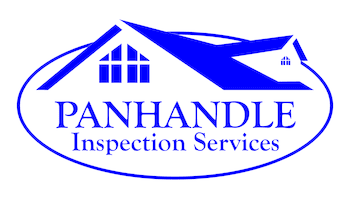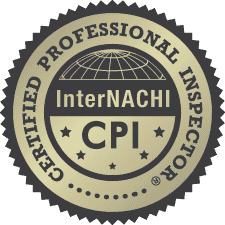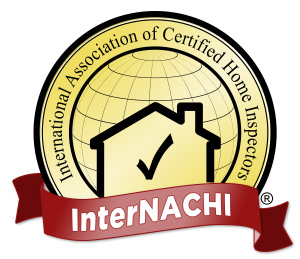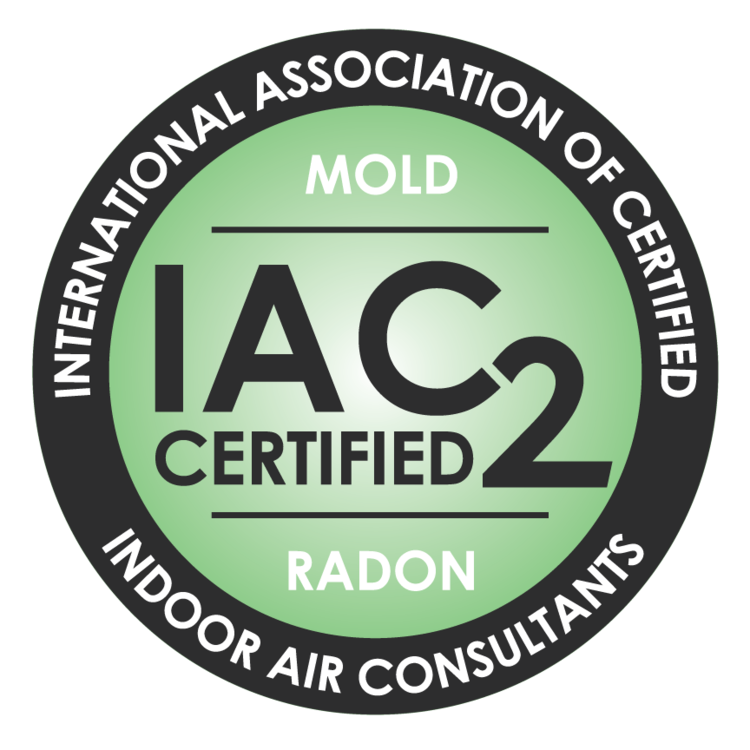

Services
Home Inspection Services
What We Inspect During A Comprehensive Home Inspection
Panhandle Inspections Services, produces easy to read, nationally recognized home inspection reports. Our typical home inspection includes these components and systems:
Exterior/Site: Grading, driveways, sidewalks, front porch, patio, gates, fences/walls, decks and stairs.
Structure: Exterior walls, trim, foundation, basement, crawl space, exterior doors and chimneys.
Roof: Roof covering, flashings, attic, crawl space and insulation.
Electrical: Entrance wires, main electrical panels and branch wiring.
Plumbing: Piping, valves, water heater and sprinkler/irrigation system.
Heating/Cooling/Air Distribution System: Heating system, cooling system, air handler and evaporative cooler.
Interior: Walls, floors, ceiling, doors, windows and screens.
Bathrooms: Counter tops, cabinets, sinks, toilet, tub, shower, drains, and fans.
Kitchen: Counter tops, cabinets, sinks and built-in appliances.
Miscellaneous: Vehicle parking area, overhead garage door, garage-to-house door, laundry room, interior stairs and fireplaces.
Drone: Rooftops and Exterior Imaging.
Detailed, and computerized inspection reports
Our home inspection reports are informative and easy-to-use. Each section of the home inspection report is categorized along with a detailed summary that makes it convenient and easy to reference repairs quickly. All reports are completed within 24 hours of the home inspection, with a detailed report. Our detailed, computerized inspection reports include
Digital Images: you see what we see
Free digital copies of photographs taken during the inspection
Utilities must be on for inspection
Mold Testing
Fast Results: 1-2 days turnaround
Mold Assessment
Mold Remediation
Specialized Equipment: For Air Sampling
Swab Sampling
Discount if done in conjunction with a Home Inspection
Service Fees
Square Feet
Under 1000
1,000-1,499
1,500 -1,999
2,000-2,499
2,500-2,999
3,000-3,499
3,500-3,999
4,000-4,499
4,500 - 4,999
5,000 - 5,499
5,500 - 5,999
Re-Inspection
Price
$350
$390
$435
$485
$535
$595
$670
$755
$845
$925
$1025
$120
Service
Crawl Space
Swimming Pool
Insurance Combo w/ Home Inspection
WM or 4 PT w/Home Inspection
Wind Mitigation Inspection
4-Point Inspection
Commercial Buildings
Roof Certification
WM and 4 PT Combo
Mold Inspection (3 samples) - Alone
Mold Inspection (3 samples) - With Home
Mold-Each Additional Sample
Price
$95
$60
$165
$100
$150
$150
Varies. Call for price.
$150
$225
$425
$350
$90
Square Feet
Price
Under 1000
$350
1,000-1,499
$390
1,500 -1,999
$435
2,000-2,499
$485
2,500-2,999
$535
3,000-3,499
$595
3,500-3,999
$670
2,500-2,999
$535
4,000-4,499
$755
4,500 - 4,999
$845
5,000 - 5,499
$925
5,500 - 5,999
$1025
Re-Inspection
$100
Service
Price
Crawl Space
$95
Swimming Pool
$60
Insurance Combo w/ Home Inspection
$165
WM or 4 PT w/Home Inspection
$100
Wind Mitigation Inspection
$150
4-Point Inspection
$150
Commercial Buildings
Varies. Call for price.
Roof Certification
$150
WM and 4 PT Combo
$225
Mold Inspection (3 samples) - Alone
$425
Mold Inspection (3 samples) - With Home
$350
Mold-Each Additional Sample
$90
Frequently Asked Question's
What does a home inspection include?
A standard home inspection summarizes findings from a visual inspection of the condition of the subject home’s heating system, central air conditioning system (temperature permitting), interior plumbing and electrical systems; roof, attic, and visible insulation; walls, ceilings, floors, windows and doors; foundation, basement, and the visible structures of the home.
When do I call in the home inspector?
Before you sign the contract or purchase agreement, make your purchase obligation contingent upon the findings of a professional home inspection. This clause should specify the terms to which both the buyer and seller are obligated. Contact a home inspector immediately after the contract or purchase agreement has been signed. Home inspectors are aware of the time constraints involved in purchase agreements and most are available to conduct the required inspection within a few days.
Why do I need a home inspection?
A home inspection summarizes the condition of a property, points out the need for major repairs and identifies areas that may need attention in the near future. Buyers and sellers depend on an accurate home inspection to maximize their knowledge of the property in order to make intelligent decisions before executing an agreement for sale or purchase. A home inspection points out the positive aspects of a home, as well as the maintenance that will be necessary to keep it in good shape. After an inspection, both parties have a much clearer understanding of the value and needs of the property. For homeowners, an inspection may be used to identify problems in the making and to learn about preventive measures, which might avoid costly future repairs. If you are planning to sell your home, an inspection prior to placing your home on the market provides a better understanding of conditions which may be discovered by the buyer's inspector, and provides you an opportunity to make repairs that will make your home more desirable to potential buyers.
Why does a Seller need a Professional Home Inspection?
This can increase the homes appeal to potential buyers. This can also help the Sellers in receiving top dollar for their home.
An inspection can save Buyers & Sellers alike thousands of dollars in renovations and repairs.
What will it cost?
Inspection fees for a typical single family home vary by size. Do not let the cost deter you from having a home inspection or selecting an inspector you are comfortable with – knowledge gained from an inspection is well worth the time and expense. The lowest-priced inspector is not necessarily a bargain. The inspector's qualifications, including experience, training, and professional affiliations, should be the most important consideration in your selection.
Schedule Your Inspection
Schedule Your Inspection




